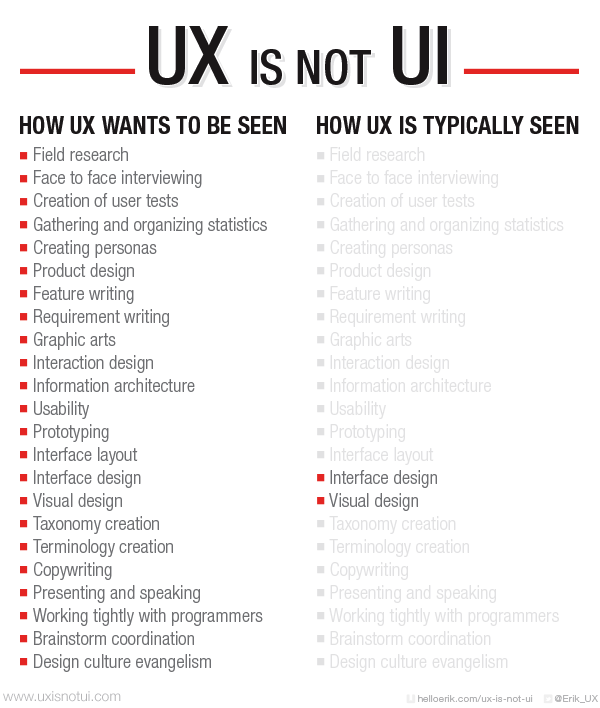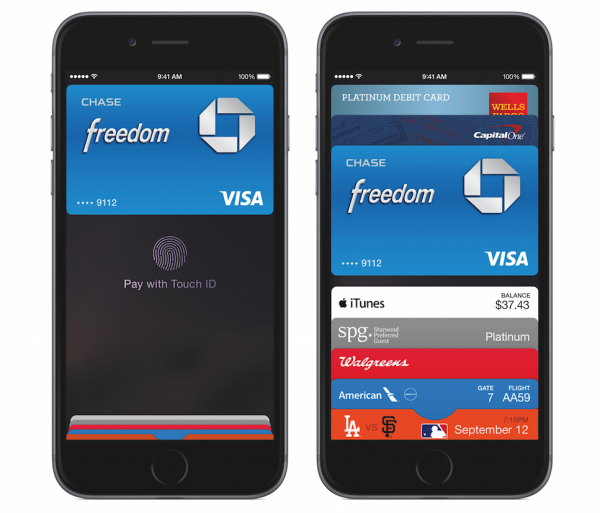Ben Thompson, emphasis mine:
The old hoary chestnut that “Apple only wins because its advertising tricks people into paying too much” was raised in my Twitter feed last night, and while the holders of such an opinion are implicitly saying others are stupid, my take runs in the opposite direction: it’s not that people are irrational, it’s that human rationality is about more than what can be reduced to a number. Delight is a real thing, as is annoyance; not feeling stupid is worth so much more than theoretical capability. Knowing there is someone you can ask for help is just as important as never needing help in the first place.
Apple spends an inordinate amount of time and resources on exactly these aspects of their products. Everything is considered, from the purchase to the unboxing to the way a webpage scrolls. Things are locked down and sandboxed, to the consternation of many geeks, but to the relief of someone who has long been conditioned to never install anything for fear of bad actors. Stores – with free support – are just a few miles away (at least in the US), a comfort blanket that you ideally never need. All of this is valuable, even though much of it is priceless, only glimpsed in an average selling price nearly triple the industry average.
Nailed it.
Marketing and having a strong brand will only get people in the door and maybe buy your product once; but it's good user experience that keeps people loyal. You can buy sales with a fat marketing budget, but you cannot buy customer loyalty.
Definitely check out the rest of his piece articulating the two other bad assumptions that people make about Apple.

